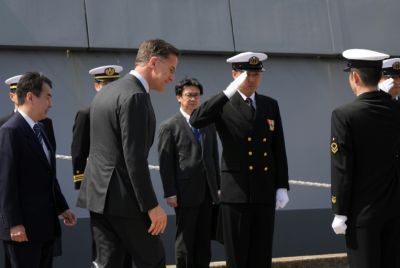China Pushes for Bigger Role of Developing Countries in UN Security Council
In a refreshing step, China shows faith in developing countries by affirming it's support for greater representation of developing countries in the UN Security Council.
Assistant Foreign Minister Wu Hailong on Friday called for larger representation of developing countries within the United Nations Security Council (UNSC), specifically African nations, in line with the UN's goal for reform.
The remarks were made by Wu at the fourth Lanting Forum held by the Foreign Ministry, where he made a keynote address on the 40th anniversary of the restoration of the lawful seat of the People's Republic of China in the United Nations.
Mr Wu explained that China supports the rational and necessary reform of the UNSC, in order to transform and reflect better the current situation of international politics.
Calling on the UNSC to improve its authority and efficiency, Wu believes that it can better cope with global threats and challenges and perform better in its duty endowed by the UN Charter.
China has actively participated in the discussions and intergovernmental negotiations relating to UNSC reform and maintains frequent communication with related countries, such as Japan, India, Brazil and German, on the issue, Wu said.
"We value the roles and influence of such countries that are major but currently not permanent members of the UNSC," he said in a BBC News report, adding that China hopes these countries will play bigger roles in the UN."
He said the reform package of the UNSC should be whole and take into account the interests of all parties.
He believes that through the medium of full negotiation a package that most countries could accept will be reached and eventually the reform of the UNSC will be achieved in it's totality.
In relation to the UN's role in the future, Mr Wu suggests that it should continue efforts to push for peaceful solutions to hot issues, remain committed to international cooperation on development while promoting social development and human rights.
He expressed hopes the UN will uphold the authority and efficacy of international regimes on arms control and disarmament and proliferation prevention, continue to uphold international judicial justice, and allow the flow of advance reasonable and necessary reforms.





















